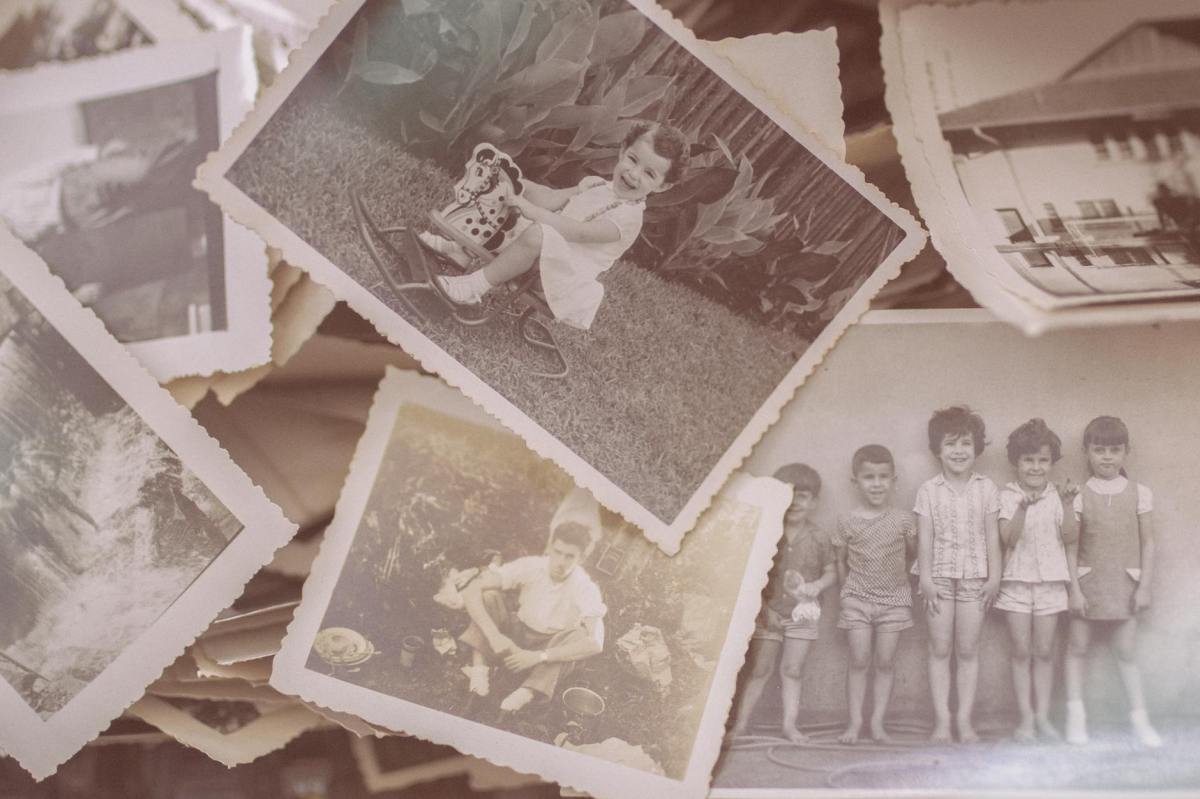I preached this sermon on Sunday, July 30, 2024 at St. Anne Episcopal Church, West Chester, OH. The lectionary text cited is Mark 5:21-43.
I am not an adept gardener, but I can always tell when we have reached peak growing season—it’s when those pesky weeds spring up through the cracks in the sidewalk. I plucked out several this morning on the walkway into church, likely nourished by this weekend’s rain. It’s the eternal struggle—we weed, God laughs. But I also admire the tenacity of those weeds! They seem to defy our best efforts to subdue them. Their impulse to grow is strong.
Maybe they have something to teach us. Have you ever noticed that, throughout human history, our impulse towards growth and freedom also emerges most often in the summer?
There’s the Fourth of July, of course, when we Americans were the proverbial weeds in the garden of King George III, but there was also the singing of the Magna Carta (which happened in June); and the storming of the Bastille in France (in July); and the March on Washington (in August); and the summer Freedom Rides of the civil rights movement; and the Stonewall riots and the Pride marches inspired by them; and the racial justice protests of 2020; and many, many other such moments when people had finally had enough and demanded something new… and they all unfolded in the long, hot, hopeful days of summer.
I’ve been wondering this week why that is. It’s almost as though the human spirit comes alive, too, in this warm growing season with our own renewed, fierce determination to flourish, almost as if our souls were like stalks of summer corn, reaching up towards the infinite blue sky, determined to reach the clouds, to brush against the hem of eternity, to thrive unencumbered.
And you might notice that, in the seasons of the Church, we acknowledge this impulse too, adorning the altars and the ministers with green, the color of an insistent, stubborn vitality. After Easter and Pentecost, in the long green season of Ordinary Time, we are reminded that the Church, at is best, is indeed like a weed growing up through the cracks of empire, or like wildflowers growing in a forgotten ditch—it is the embodiment of the beautiful, humble, pesky aliveness of Christ that challenges anything and everything that would try to pave it over.
And so, we, too, in the church, have our own summer revolutions. One of them is coming up in just a few weeks, on July 29th. Do you know what it is?
It’s the 50th anniversary of the Philadelphia Eleven, the first eleven women ordained to the priesthood in the Episcopal Church on July 29, 1974. These women were indeed possessed of a fierce determination to flourish. They were not willing to wait for the church hierarchy of the time to drag its feet any longer, and so they found a few retired bishops willing to ordain them and they simply…did it. They went up to the altar and put on those green vestments, for they knew that they, too, were called to brush against the hem of eternity, and they said, now is our time to thrive, unencumbered. Call us a weed in the garden if you want, but we know what we are: fully alive.
And thank God for them. I would not be able to be the out and proud priest I am today if it were not for their courage to be the priests God made them to be. And thank God for all those saints and heroes of summers past who decided to grab hold of their chance to flourish. We need their witness now more than ever.
In an age where it is especially easy to be cynical, or even despairing about our politics and our culture and our collective future, the examples of the Philadelphia Eleven and all the summer revolutionaries remind me that true change, true justice, true peace, are gifts of God, but gifts that must be claimed and grown and harvested if we want them in our own time.
And more often than not, these revolutions are initiated by those at the bottom of the power structure, those at the margins, those weeds in the garden who finally say: we have languished for too long. Now is our time to thrive. All of Scripture and much of human history is a testament to this.
A perfect example is our Gospel reading today. Jesus has been traveling around the countryside, criss-crossing the Sea of Galilee, calming storms and casting out demons and offering all sorts of signs of his power. And there is a particular woman who hears about all of this—a woman who, because of illness and poverty has been consigned to a meager, desperate existence. She is a woman who is tired of waiting for relief, tired of grieving, tired of bleeding and calling out for help while people look the other way. She is not dead, like Jairus’ daughter, but she is a ghost among her people.
But when she hears about Jesus, something shifts within her. Who knows, maybe it was summertime, maybe she was hot and tired and fed up with the way things were.
But whatever it was, something deeper than despair, something stronger than cynicism or despondency arises within her and she says, “if I but touch is clothes, I will be made well.” If I reach out and brush against the hem of eternity and say, I too, deserve to thrive unencumbered, then it will be so.
And so she did. And so it was.
And I imagine her standing there, this unnamed woman, this patron saint of nothing left to lose, and what I realize is that, when Jesus says, “daughter, your faith has made you well,” he is not just talking about a cure to her illness—he is saying, you, my child, have tapped into the stubborn vitality that is at the heart of God.
And by claiming the blessing long denied you, by asserting your inherent dignity, you have discovered the one thing that cannot be taken away, the one thing that rises up again and again like a weed, or like a stalk of summer corn—God’s life, God’s love, God’s wholeness, God’s humble, pesky aliveness, which is now my gift to you and all who have been told for too long that they do not deserve it. Receive it today, this love and this life freely given to you and for you, for this is the revolutionary truth at the center of creation.
So I wonder, are we willing to be revolutionaries, too, St. Anne? Revolutionaries for the sake of love? It’s a good question to ask on the 4th of July or in any season, really.
God knows we need to be, for our own sakes and for the sake of our neighbors. Like the woman with the hemorrhage, we may be bleeding and tired, but we do not have the luxury of languishing in despondency, no matter how gloomy it looks out there. Just like all those generations before us, we are called to be people with summer hearts, with souls on fire for justice, with bodies and spirits ready for the necessary work of liberation that arises in every age. And how we will engage that work is a conversation we must continue to have.
We’ve made some strides already in our parish. But there is more we can do together, more we must do given the challenges of our time and the demands of our faith.
Conversations are rising up among us about social justice ministries and creation care work and more proactive outreach to people who have been hurt by other churches, and more formation to equip us for ministry, and I am thrilled by all of this, and I encourage you to seek out these conversations and take part in them and then take part in making them a reality. Let’s brush up against the hem of eternity, and let’s pursue the vitality that is God’s gift to us, and let’s see what happens.
Because we and the whole Church, when we’re at our bravest and our best, we are still that weed, growing up through the cracks; we are still that wildflower in the ditch, reminding people of what’s beautiful about this world, what is not easily killed, what it looks like to reach up towards the infinite blue sky, and to be fully, truly, stubbornly, miraculously alive.
And wouldn’t you know, it’s summertime. Signs of life are all around us. Sounds like a good time to grow.




